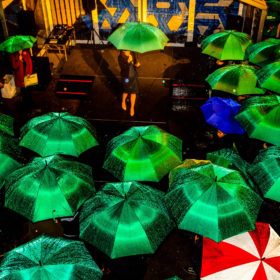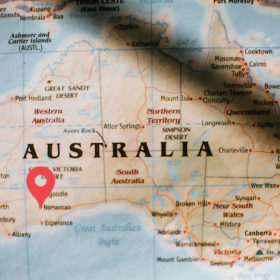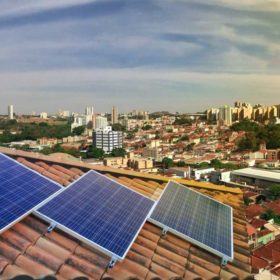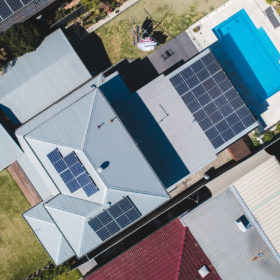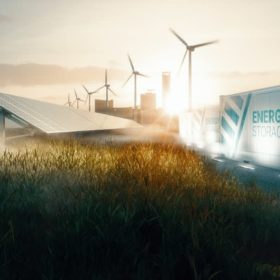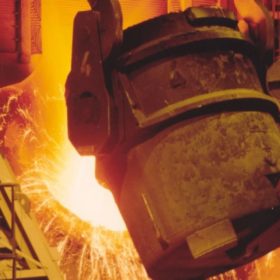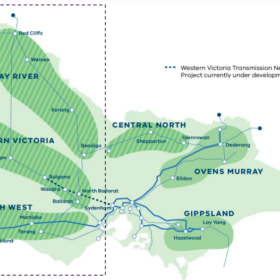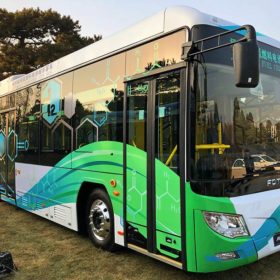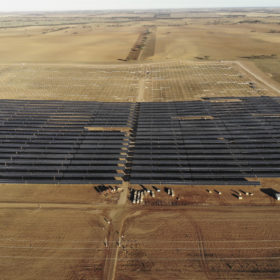SA Greens seek to reinstate a publicly owned electricity system — based on renewables
The South Australian Greens Party has proposed a tax-and-spend plan for the state that goes against everything the Federal Government advocates, in favour of massive funding of essential services and reducing carbon emissions in the process.
Saturday read: Dirty double standard on display
Australia’s proposed 26 GW Asian Renewable Energy Hub has encountered what appears to be a governmental double standard, as the country’s environment minister has rejected an expanded proposal. Thankfully, the project’s proponents have not become discouraged in the face of this double standard; in fact, they’re doubling down.
Chasing the sun — tax-free!
The Australian Energy Market Commission (AEMC) has made final a rule that will allow for solar export tariffs to be gradually introduced in the NEM jurisdictions (that is, everywhere except WA and the NT) under limited circumstances in four years’ time.
New rules revealed as AEMC aims to transform network into ‘two-way super-highway’
The Australian Energy Market Commission has retained a controversial two-way pricing mechanism in its finalised reforms package which has been designed to better integrate distributed energy resources, such as rooftop solar PV, batteries and electric vehicles into the grid, and transform it into a “two-way super-highway where energy flows in both directions”.
bp study confirms Australia’s green hydrogen export potential, and calls for carbon price
A bp Australia study partially supported by the Australian Renewable Energy Agency has confirmed the technical feasibility of large-scale renewable hydrogen and ammonia production for export in Australia, particularly in Western Australia’s Mid-West. However, the development of such an industry, says bp, requires strong government policy support, including a carbon price or emissions cap.
NSW’s largest electricity user plans to go green, abandoning AGL’s coal
One of the country’s most electricity-intensive smelters plans to switch to renewable energy, a move which would drastically reduce its footprint and will send a clear message to generators that even if the federal government continues to support coal, Australia doesn’t.
Labor to disallow Taylor’s ARENA rout despite last week’s defeat
The ARENA saga continues, with shadow minister Chris Bowen confirming the Labor party will disallow Angus Taylor’s attempt to gut the Australian Renewable Energy Agency.
REZ wriggle on – Queensland and Victoria seek input
Both Victoria’s and Queensland’s state governments are moving on their renewable energy zones (REZs) with tight deadlines looming for hopeful projects in Victoria, while further north the government is eager to hear from local communities.
‘Good portion’ of NSW’s bus fleet to run on hydrogen as state launches collaboration platform
As Australia’s most populace state, New South Wales, prepares to put out its hydrogen strategy roadmap later this year, the state is planning to use hydrogen to power its public transport fleets and will soon launch a digital collaboration portal.
South Australia’s constrained renewables to be unleashed as four new syncons spin into action
South Australia is a global hero for its demonstration of a rapid transition to renewable generation. But as renewables supplied more than 60% of the state’s electricity, and pushed out coal and even gas-fired generation, cracks appeared in the system strength and inertia required to keep the grid reliably running. ElectraNet has deployed old, clean-running technology — synchronous condensers — to smooth the gaps.
